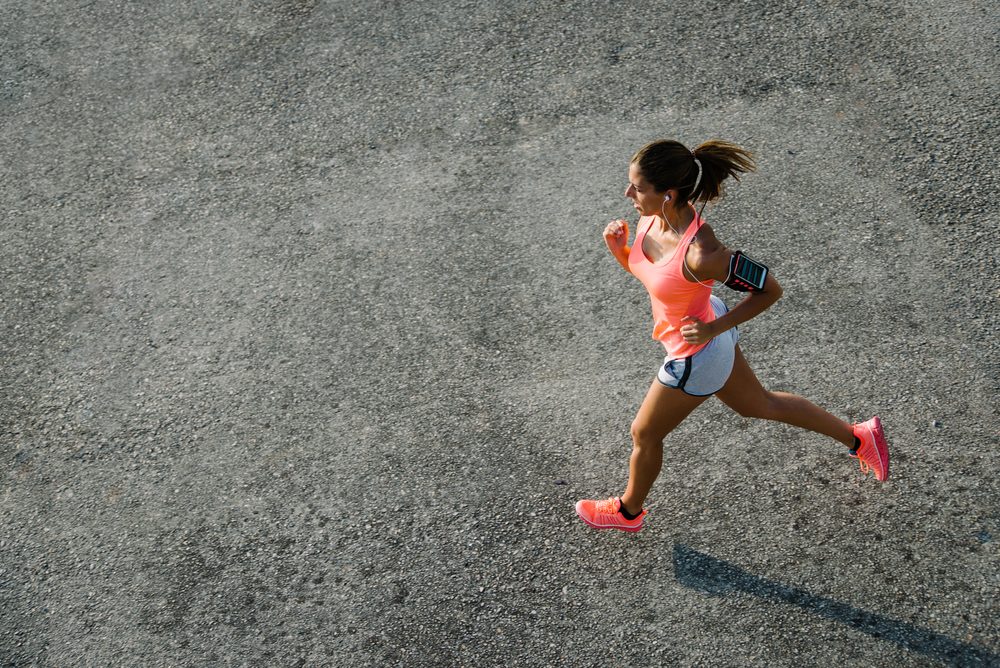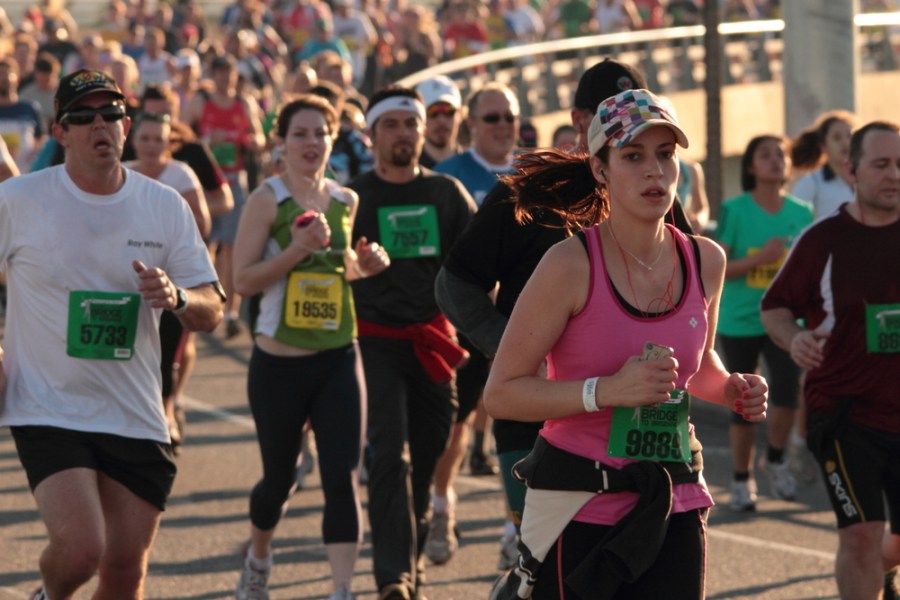Running a marathon takes a huge toll on the body, yet not much is said about how to recover from 26.2 miles. Physiotherapist Tim Allardyce from Surrey Physio reveals how to recover.
There’s been a huge rise in the popularity of virtual races this year, with many people who were due to run a marathon as part of a big race experience having to do them on a virtual basis. If you were one of them, or you have your sights set on a virtual marathon or similar long-distance event, you may be wondering about how to recover afterwards. We asked physiotherapist and clinical director of Surrey Physio, Tim Allardyce, for some top tips on recovering from a marathon or similar long-distance event.
What should you do the day after a marathon to aid recovery?
My advice is to do some gentle walking if you can. Depending on your previous fitness or experience of running marathons, will determine how much you will be able to do the next day. If it is your first marathon, there is a good possibility you will be in pain walking so take it really easy, rest a lot, stay hydrated, and don’t stretch. If you are a more seasoned marathon runner, then doing some gentle exercise, walking or some gentle cycling might help. But keep it gentle. Your body needs time to recover. Swimming is also a really good recovery exercise to do as its off-weight bearing.
What about one week after the marathon?
Depending on your fitness levels, most people’s bodies will be fully recovered after one week. That said, go easy on training. Start with a light jog and build it up from there. I would limit a run to 5-10km. Stretching is fine at this time too.
What should do they do two weeks after the marathon? Are you ready at this stage to train at normal intensity and volume?

Yes, you should be fine to train at normal intensity. I would say run any distance you feel capable of but listen to your body. If you are feeling fatigued, or tired, stop and call it a day.
What about one month after the marathon?
Run whatever distance you wish. Stretch as normal. Tim is keen to ensure that everyone who runs a marathon respects the distance, however fit they are. He says: ‘Marathon running places the muscles and muscle fibres under a lot of stress, more so if you are a less experienced runner.’
Be careful with stretching
Tim concludes: ‘DOMS – delayed onset muscle soreness – is much more common and more severe (after running a marathon). Sometimes causing people unable to walk comfortably for a few days due to the muscle soreness. During this period, stretching of muscles is not required and can lead to separation of the muscle fibres (as they lengthen and separate because of micro-trauma), increasing the pain experienced by DOMS. So generally rest and recovery are focused. Stretching is more about muscle lengthening. I don’t recommend muscle lengthening as necessary in the period after a marathon as muscle healing is more important. Rest, recover, and gentle mobility in the few days following a marathon.’
More information
Visit the Surrey Physio website to find your nearest clinic and learn more about the range of treatments available.







